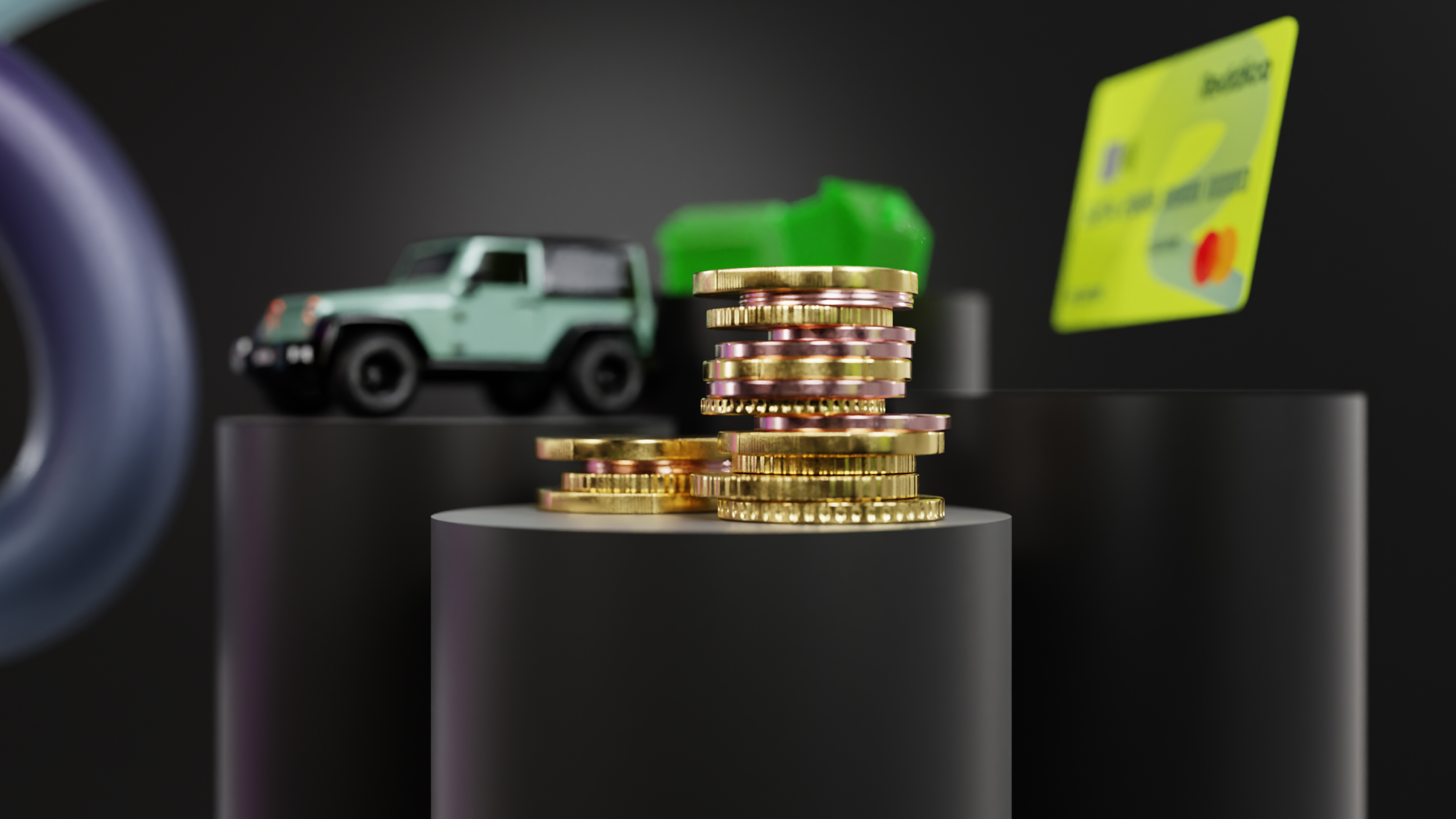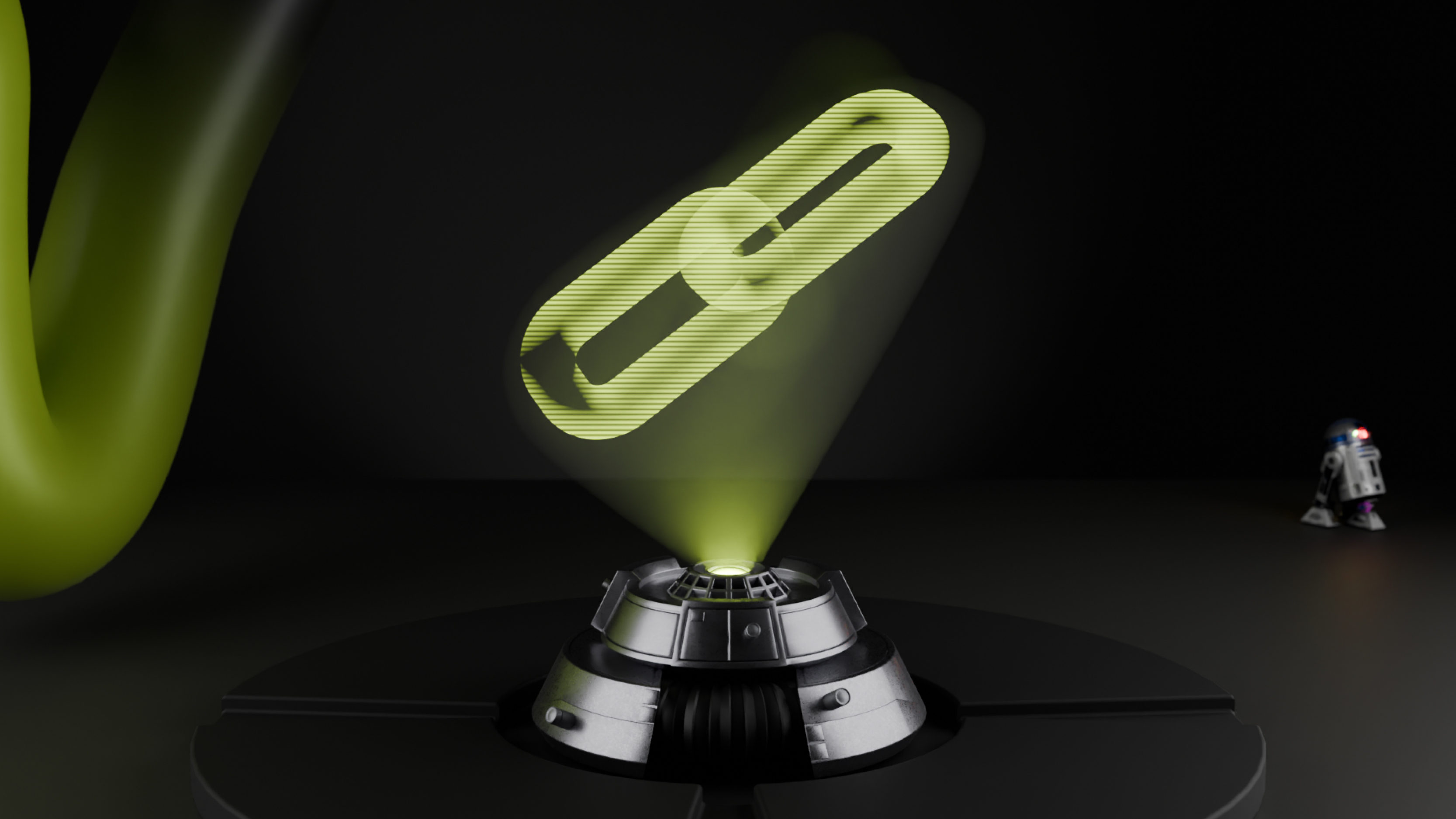
A day in the life of an SEO: how our team uses flexible working (Part 1)
It can be hard to imagine what a job might be like in a new company, even if you’ve done a similar role. Whilst Reddico is clear and open about our policies and work culture, it can be helpful to understand how this works in a practical sense. By sharing these stories, we hope to give anyone interested in Reddico an insight into what it means to work in a truly flexible team and the importance we place on trust.
 Clockwise from top left: Lewis Pugsley; Emily Barrington; Eva Mermingi; Abbey Ng, Luke Gosha, Toby Neilson
Clockwise from top left: Lewis Pugsley; Emily Barrington; Eva Mermingi; Abbey Ng, Luke Gosha, Toby Neilson
What’s a typical day like for you? What kind of tasks do you do?
Lewis Pugsley: Being the team lead, I have quite a few responsibilities, so my day-to-day can go through different areas. At the moment we’re looking to rework the team structure. We’ve been doing this since November, so it’s a lot of working a lot more closely and collaboratively with other consultants and executives. It’s made us bounce ideas off of each other.
I’ll have SEO team meetings, sharing ideas, running through what we’re doing for that week. And then on top of that, as a lead it’s looking at the recruitment side, speaking to a lot of people. I attend operations meetings, being that voice for the SEO team, making sure we’re progressing as we should.
Finally, I still have my own clients, so I’ll be looking at the strategy, the roadmap, and client performance. A lot that goes on in a typical day. That’s not to say I’ll tick off everything in a day, sometimes I’ll switch between. Quite a few responsibilities means I can move between them all.
Emily Barrington: My day always starts with client checks. Rankings, Google Analytics, looking at what’s happened over that evening or weekend. Then I’ll usually reply to client emails or internal messages to make sure I’m on track. The rest of my day will be scheduled around client calls, things like research tasks, analysing opportunities and then feeding back with the lead of that client.
Luke Gosha: A typical day is a mixed bag really. Sometimes I’ll be focusing on tasks that need to be delivered to clients, which can range from technical audits, to page speed reviews, to reviewing content on a page. I like to start the day looking at rankings, data, analytics, then I’ll check emails to make sure I’m staying on top of client comms. I like to book out a lot of time to get stuck in.
The good thing about working here is that I’ve been able to test different working styles, and I’ve found that if I’m doing bits of everything, I’m all over the place. I like to zone in, put on a good playlist or podcast, and get work done, get stuck in.
Abbey Ng: I’m definitely not the earliest riser. I will usually start my work day around nine or ten. I’ll do all of my comms, check for updates and daily rankings, and write my to-do list for the day. Monday, Wednesday and Friday I might have meetings from 9 o’clock until the afternoon, like client calls. For the rest of the week, I have my tasks to work on. It might be a link review, a keyword research, a quality raters, general comms, checking rankings – no day is the same.
Eva Mermingi: Day to day I’ll do health checks, audits, page speed reviews, web core vitals reviews… I also do internal linking reviews as well. I’m obviously interested in technical SEO, but I really don’t mind doing any kind of on-page stuff as well.
Toby Neilson: I work better in the morning, so I’ll usually get started around 8 o’clock. Over my morning coffee I’ll look at rankings and traffic, see if anything stands out, if there’s anything out of the ordinary, if there are new recommendations. Once I’ve got a sense of the lay of the land, I’ll dive into emails, follow up with the team, and crack on with my own tasks. There might be meetings that day.
Generally, I like to take a break at lunch, go out for a walk – not a long walk, maybe half an hour or so to clear my head. I like to finish mid-afternoon. Past 4 o’clock I don’t really like working, my brain just doesn’t enjoy it. I’ll try to hop out at that point, be that just getting off the laptop or getting outside if the weather’s nice, which is a rarity in Scotland, so when it does happen I’m raring to go!
How do you use flexible hours?
LP: Normally at the beginning of the week, I’ll look at my schedule. A lot of those areas come with a lot of meetings, whether that’s internally, interviews, or client meetings, so I’ll tailor my days around those.
The meetings I have will be between the hours of nine and five. I look to them to see when I’m going to fit in client work, when I need to prep for certain calls. And then there’s having that work/life balance as well. It does enable me to take a longer break around lunchtime if I need one. Having those responsibilities and the flexible working definitely allows me to pick and choose when I have those breaks, that healthier balance. It gives me much more structure than people from other teams, perhaps, but I know what to focus my efforts on and when.
EB: The flexible working allows my work to fit in around my life, and not my life around my work. It means if it’s really sunny out, I can go out and enjoy it for an hour, half an hour, or go for a walk during the day, or run some errands, and not feel guilty about taking that time. The best part is holidays. I’ll book a Friday or a Monday off and give myself a long weekend.
But I’m quite a nine-to-fiver really. I’ve found that as I’ve moved from an Executive to a Consultant, you have to work around clients’ time and other consultants’ time, you have to have those calls.
LG: It’s been a real treat to test different methods with flexible working. There were times when I started at half nine to see if that worked best for me. Unfortunately it doesn’t because I don’t like being at my desk after half five. What I’ve found is that as the weather’s got hotter, I like to take longer breaks. I’ll go to the gym, or go for a walk, or take a two-hour break and make that time up at the end. I try to get seven hours in Harvest [our timesheet] per day.
I think it’s important to adapt to the seasons. You don’t wanna be starting work in the dark and finish in the dark – it’s good to have that break to go out while it’s still light, or work inside non-stop while it’s absolutely baking outside. That’s been a treat for me and I’ve loved it, because everywhere I’ve worked before has been very regimented.
AN: Sometimes I work straight through, or I may split it. I’m a bit of a night owl, so I’ll do five hours in the day and when it comes to 11 o’clock or midnight, stay up and do a couple more hours. It’s nice that I can fit it around life.
I have the freedom that if I want to go out for lunch or take a couple of hours off, I can do that. It’s such a blessing. If it’s something like a doctor’s appointment, you can just go.
EM: When it comes to the flexible hours, I am now in an area in my life where I’m trying to find the balance in it and almost rewire my brain, because it’s relatively hard to brush off what you’ve been used to for so long. But I like that I can start at 10 in the morning, take a big break of two or three hours. I’m a night owl, so I know for a fact that from 9pm to 11pm I just go into robot mode, and I concentrate. I don’t know if it’s because it’s so quiet. If I’m looking at data, I don’t want to be distracted. It takes 20 minutes just to focus 100% again [after a distraction]. I’m trying to find the balance because even though I know it’s okay, I need to remind myself it’s okay quite often.
TN:
I actually work well in quite a routine pattern, but I do like the flexibility to finish early and not feel like I need to check anything.
In terms of flexible working hours, if nothing is due that day and I don’t have client meetings that afternoon, I might finish at three and go out for a ride then. I’ll check my emails when I get home in case anything urgent comes up.
How did you deal with work during lockdown? Has it changed the way you approach things now we’re starting to get back to a little bit of normality?
LP: Before lockdown I was pretty much in the office three or four times a week. Maybe the other days would be spent with a client at their office. So my idea of having a work/life balance was that my work was in the office, and my life was outside of it. I always found it difficult to maintain focus when working from home.
However, being forced into that permanently, through lockdown, there was an adjustment period there. I had to adapt to the new way of working. For me, it was recognising moments when I was at my most productive and trying to figure out my best working pattern. I realised mornings are more productive for me than afternoons, I can focus for a lot longer, I can get stuff done, I’m a lot more energetic. Then I get that afternoon lull.
I gear my meetings towards the afternoon. Where you’re face-to-face with people, you’re talking, you get that energy feeding off of one another. Or I’ll use the afternoon for ad-hoc admin bits.
Lockdown has meant I’ve been able to reflect on my own working style and habits. Being open and honest, it took me a while to get into things. Now that we’re coming out of it, I’m coming to the office less. I need to readjust to find out if I can fit coming into the office in my working week.
EB: I probably approached work in lockdown by working harder, working longer hours more. I didn’t have anything else to do, so I used to sit there for hours on end. That was great at the time, because quite a lot of the clients who hadn’t paused were doing well and were busier anyway, so it made sense that my workload increased.
I think, looking back, it taught me to not do that! It taught me the importance of taking regular breaks and rest, and that life is far more important than just your workload and your clients. You should do your hobbies, see your friends, exercise, go for a walk, have a cup of tea in the garden and enjoy the weather. It taught me that there’s no glamour in overworking.
The grind is so glamorised. The thing that’s going to make me the best consultant is working regular hours and having time to rest.
LG: I went through peaks and troughs throughout the whole lockdown. At the beginning it took me ages to adjust, I didn’t like working from home and I couldn’t really get on with it. I thrived off face-to-face communication, and if I needed to get stuff done I could walk over to someone in the office. I didn’t have any of that. It took me a long time to get used to it, a good four months to get in the swing of remote working.
Since I’ve started here I’ve been able to test different ways of working, find out when I’m most productive. The last lockdown was getting quite tough, I was really struggling, but it was good to hear other people were feeling the same and it wasn’t just me. It’s good to talk about those sorts of things. I can’t imagine being back in the office now! I’ve got my own routine now, I’ve got my morning rituals, my podcasts and music… It's been a love/hate relationship. Although I’m due a trip to the office. I’ve been there as a client but not as an employee, so I’m eager to see everyone.
AN: I joined during the first lockdown – a strange time to start a new job. I was used to working remotely from my previous role, but with the lockdown in place I definitely found it challenging for the first few months.
That being said, everyone was very welcoming, and I was grateful for Google Hangouts so I could meet everyone virtually. I guess the way I dealt with it was just keeping up the communication. It was a lot of video calls, fun events, and when we got the chance we met in person.
I would say working remotely has helped me to become more self-disciplined and focussed, as well as helping me learn to give myself time for breaks and walks.
EM: In the beginning, it was a bit bizarre. I wouldn’t say tough, I wouldn’t say easy, I just wasn’t used to that – you being inside the house and having a lot of things to deal with. I was more relaxed, because when you’re at home you don’t have to worry about the tube and stuff. But it was hard in some ways, because it’s hard to just stop working, at least for me. I love what I do, but I have to remind myself to stop. You can easily exhaust yourself without even realising.
TN: You know what, I probably used work as a bit of a crutch during the severe lockdowns, just as something to focus on to break up the tedium. It was all very dull, and work was the only thing where anything would really be happening. I definitely leant on that and probably overworked a bit.
One thing I’ve been aware of is trying to break out of that. There were times when I was taking a long weekend and finding it difficult not to check emails. That’s not something I’ve ever had before, but because of the way in which lockdown made work the only thing to focus on, it was difficult to break out of that. But I’ve got better and I’m starting to return to a bit more of a normal pattern, where there’s more of a balance between life and work.
Sign-up to Reddico News
To keep up-to-date with the latest developments in the world of SEO, our insights, industry case studies and company news, sign-up here.




